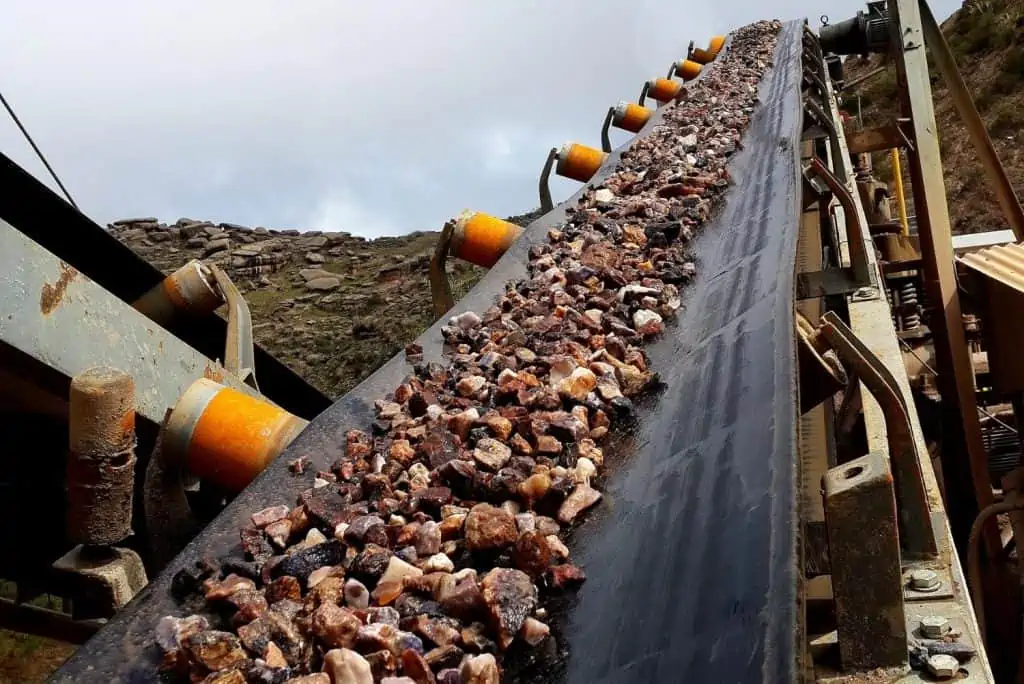
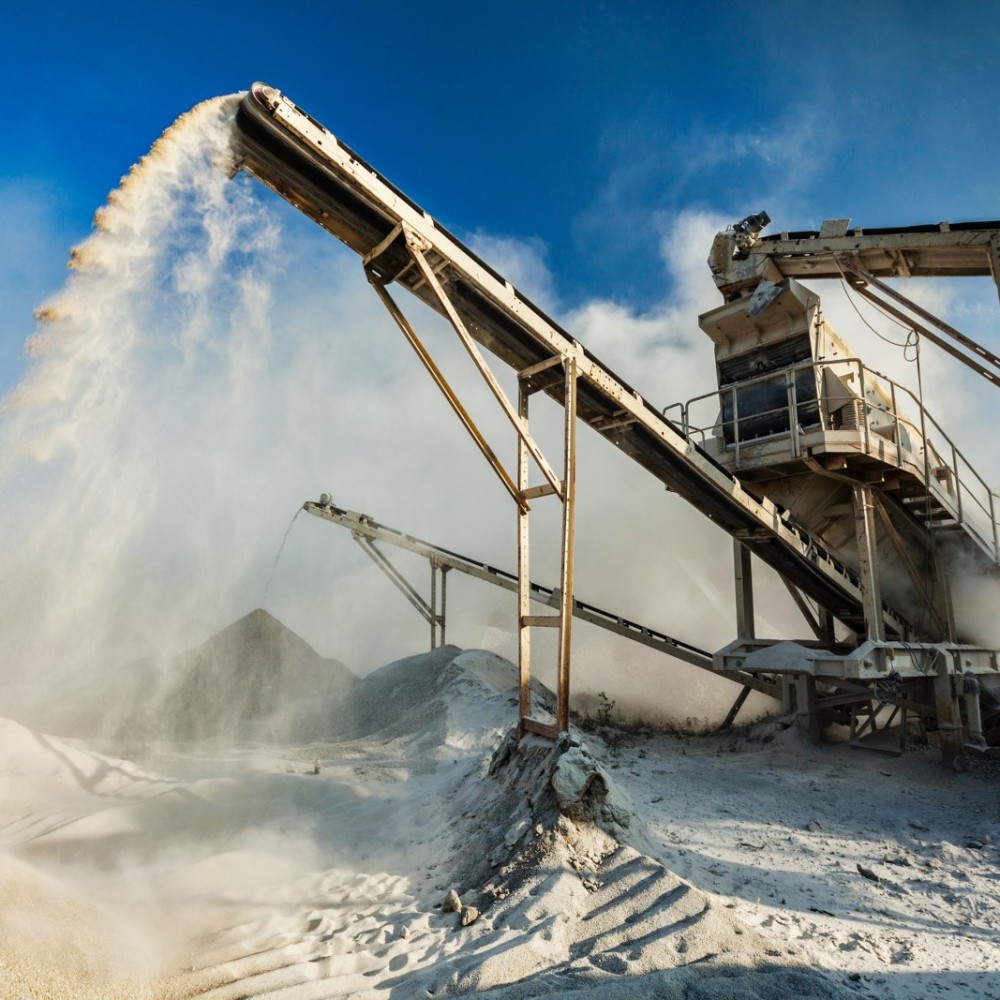
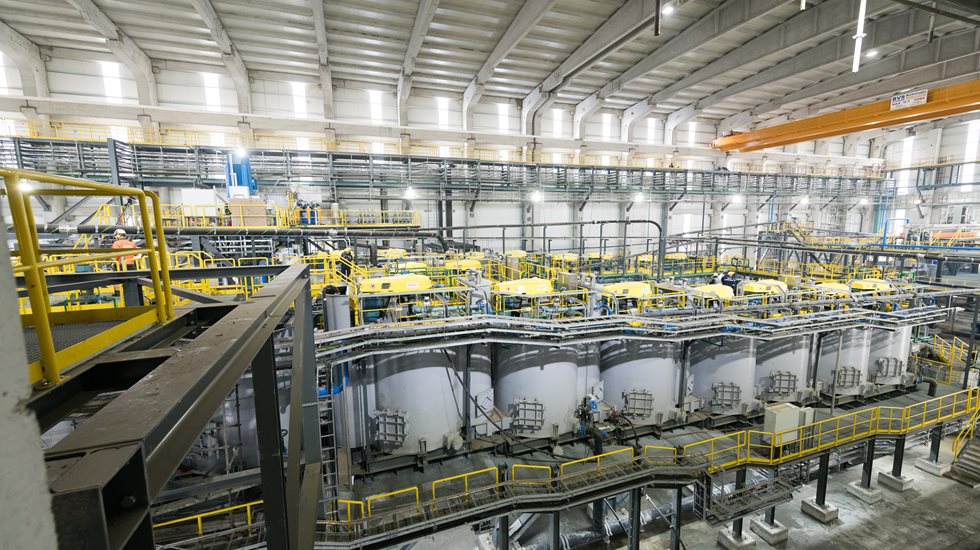
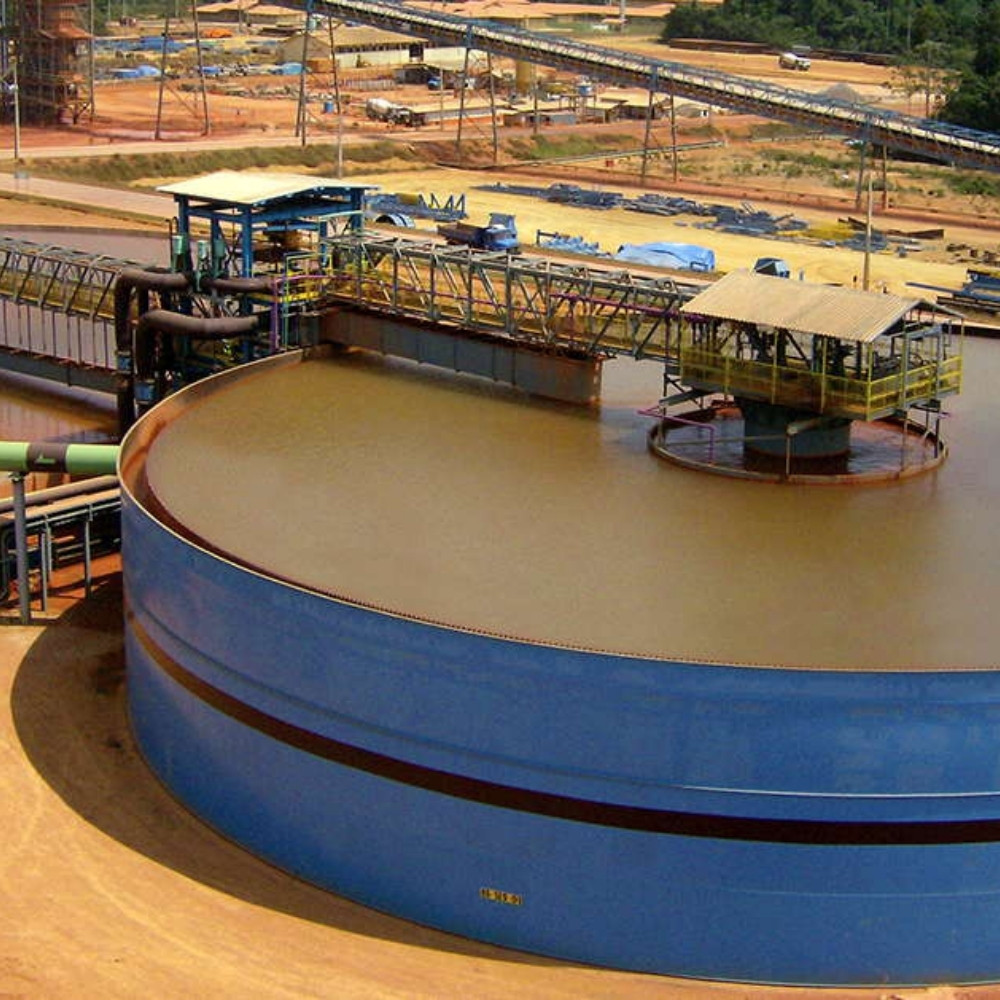
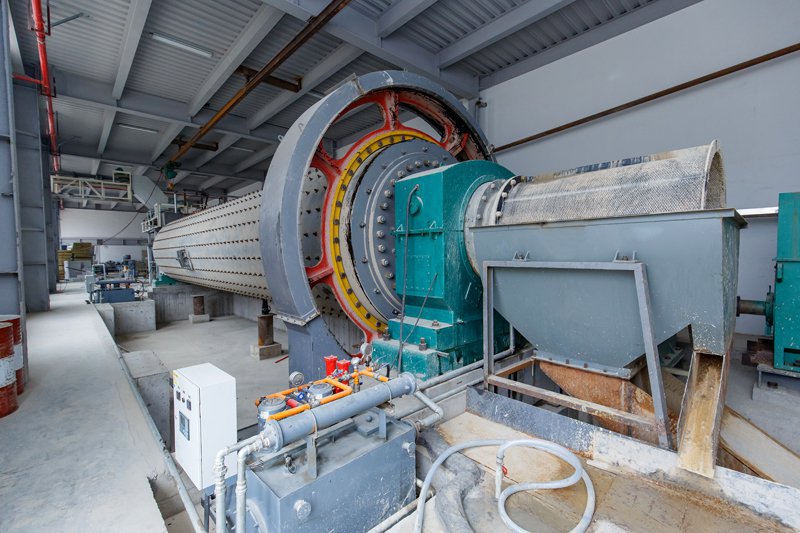
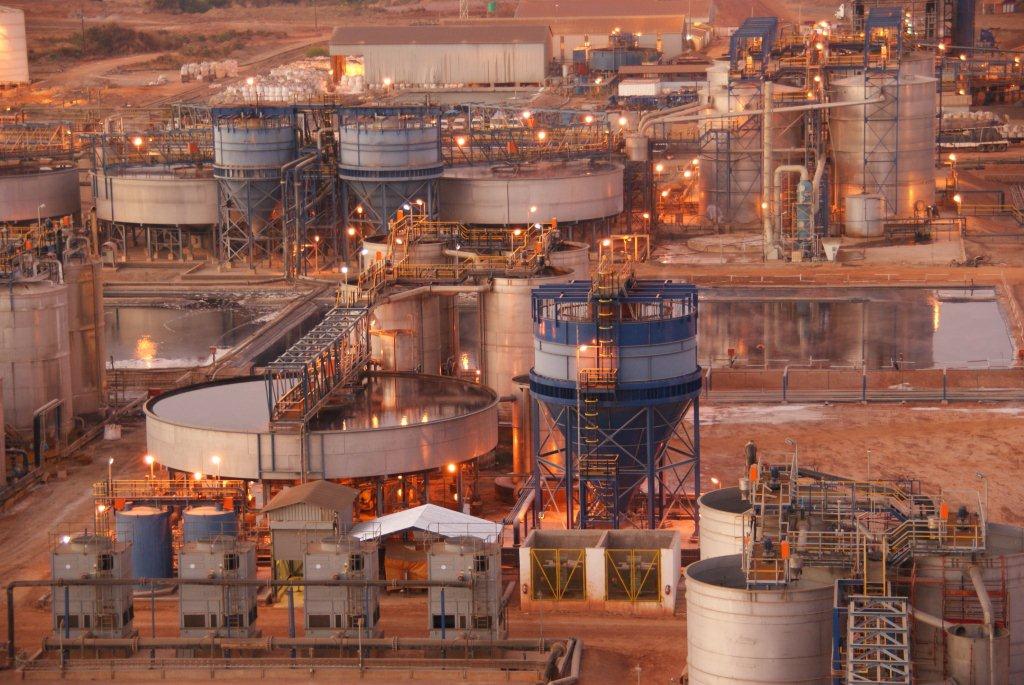
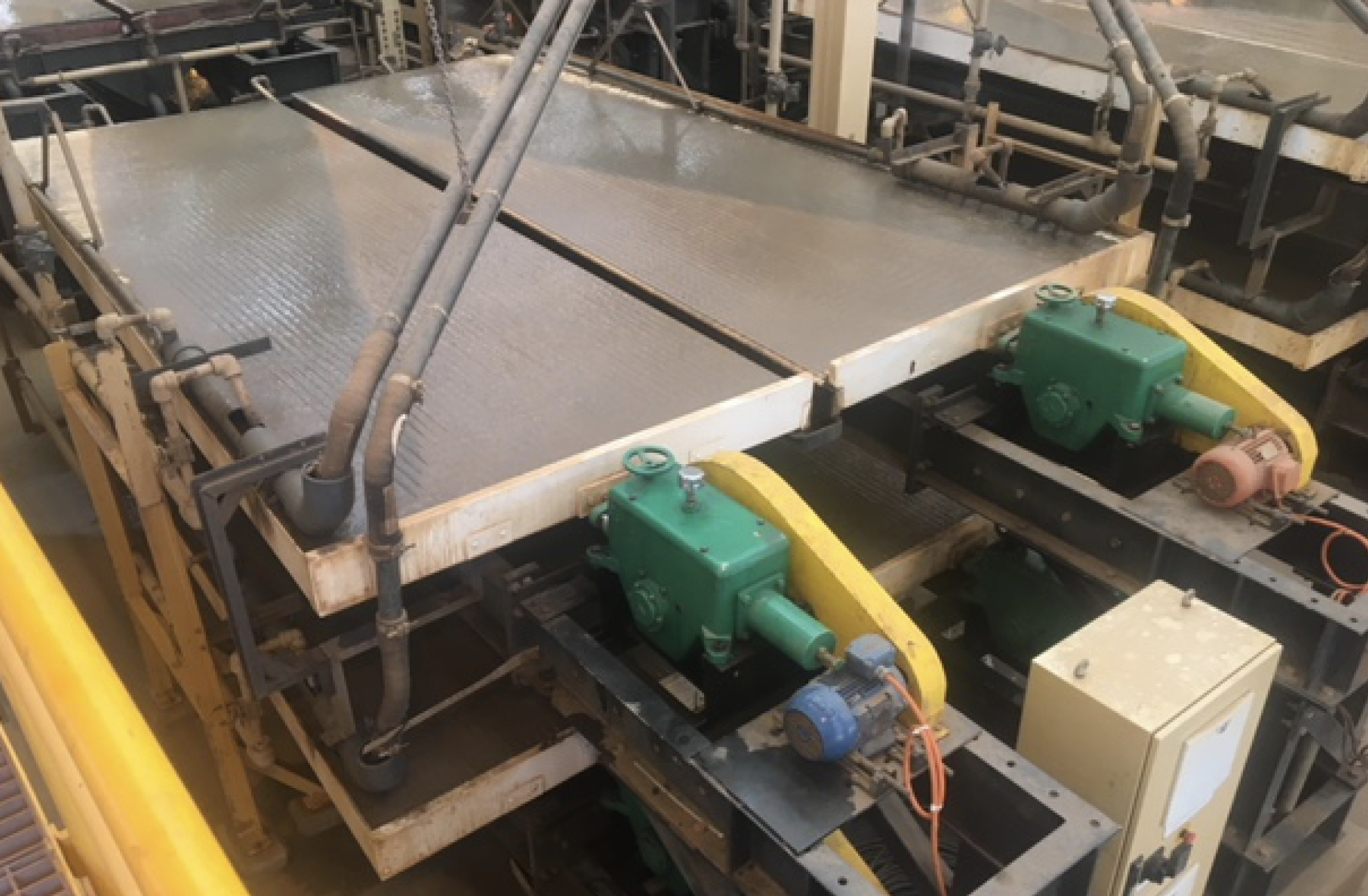
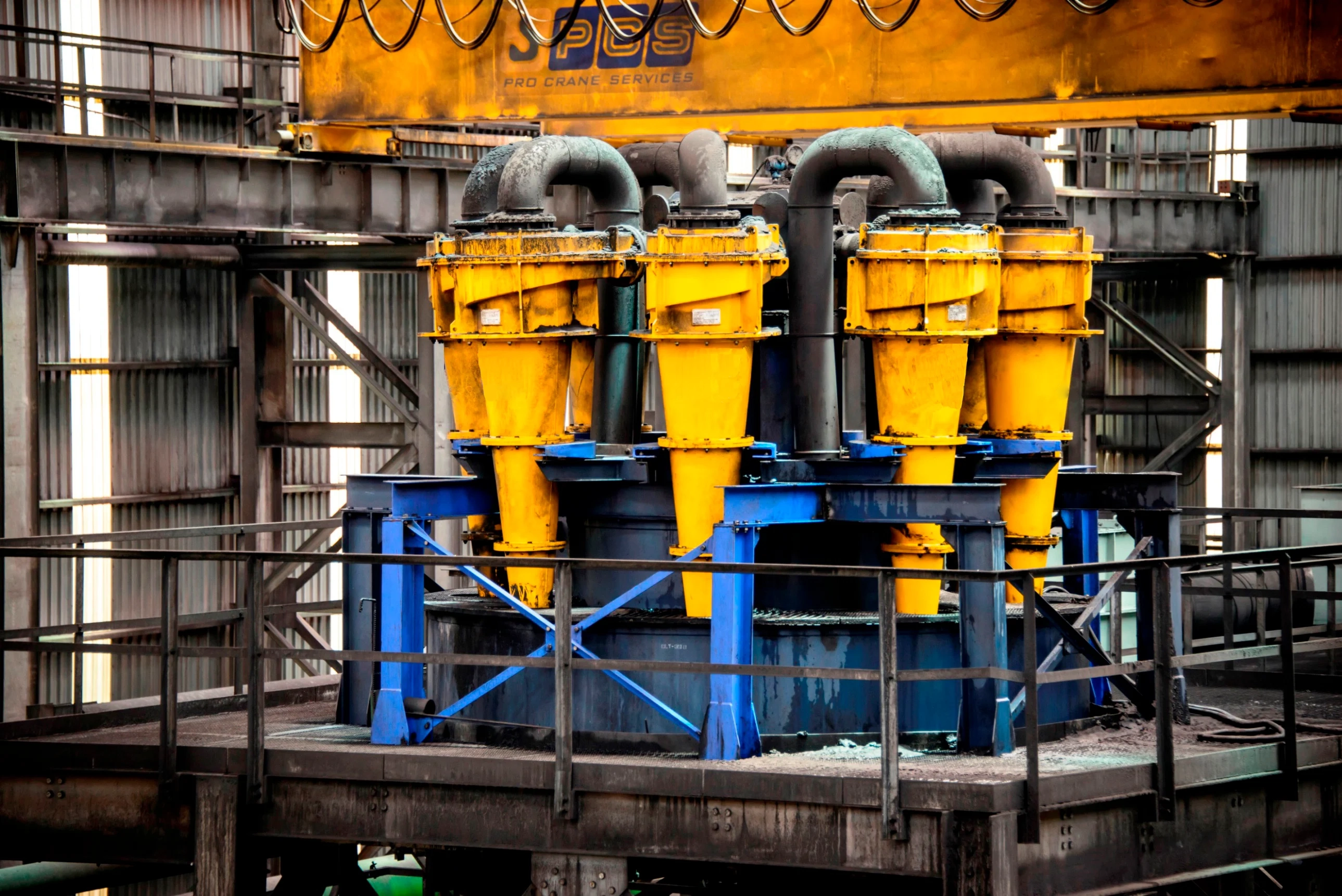
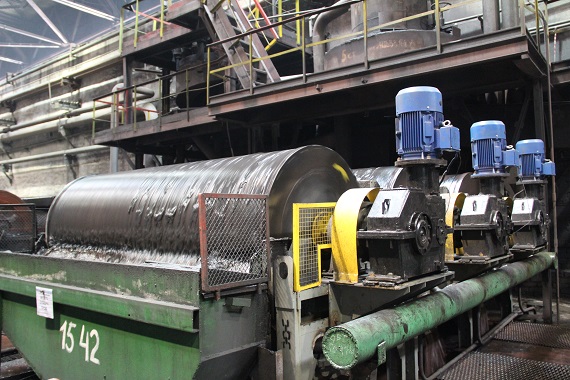
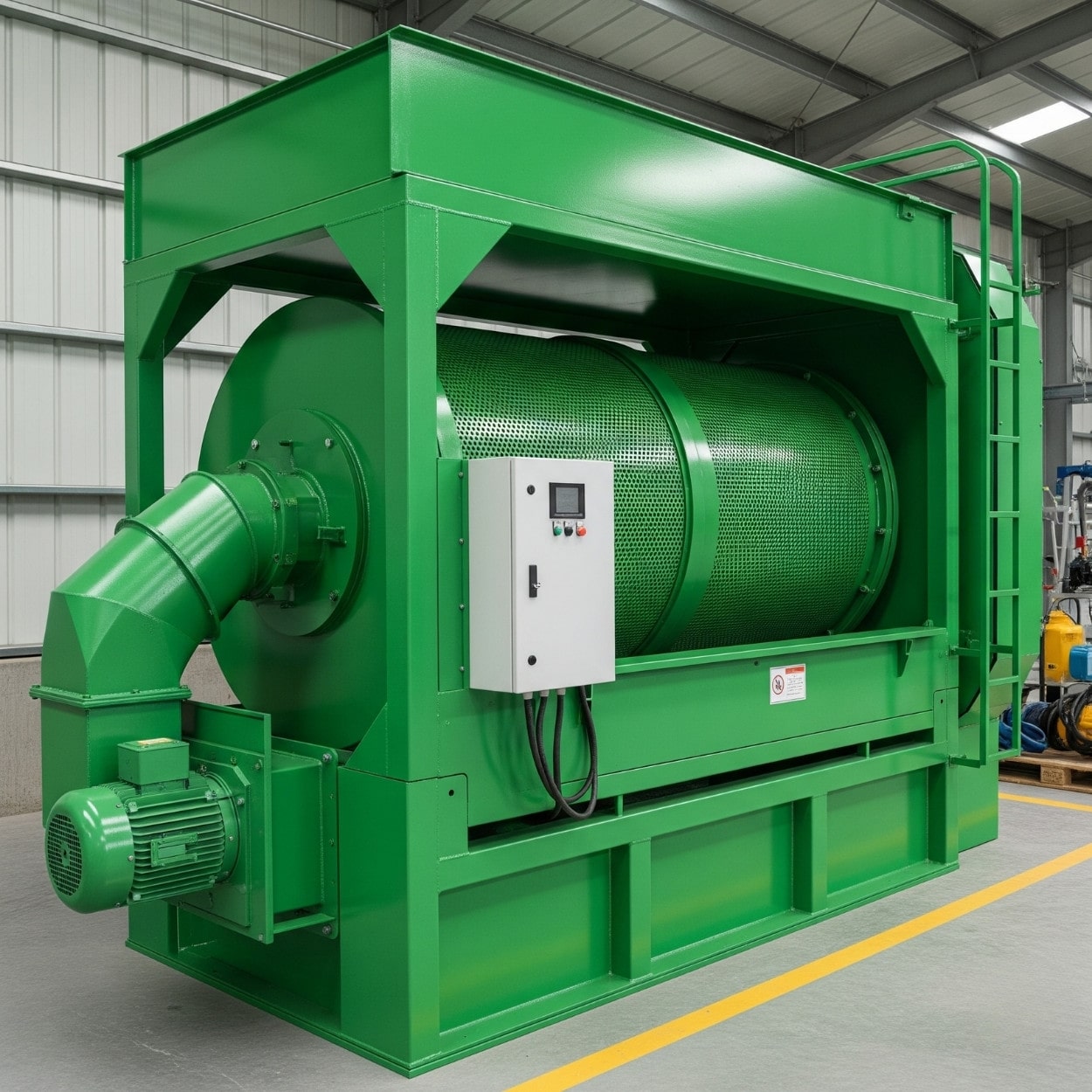
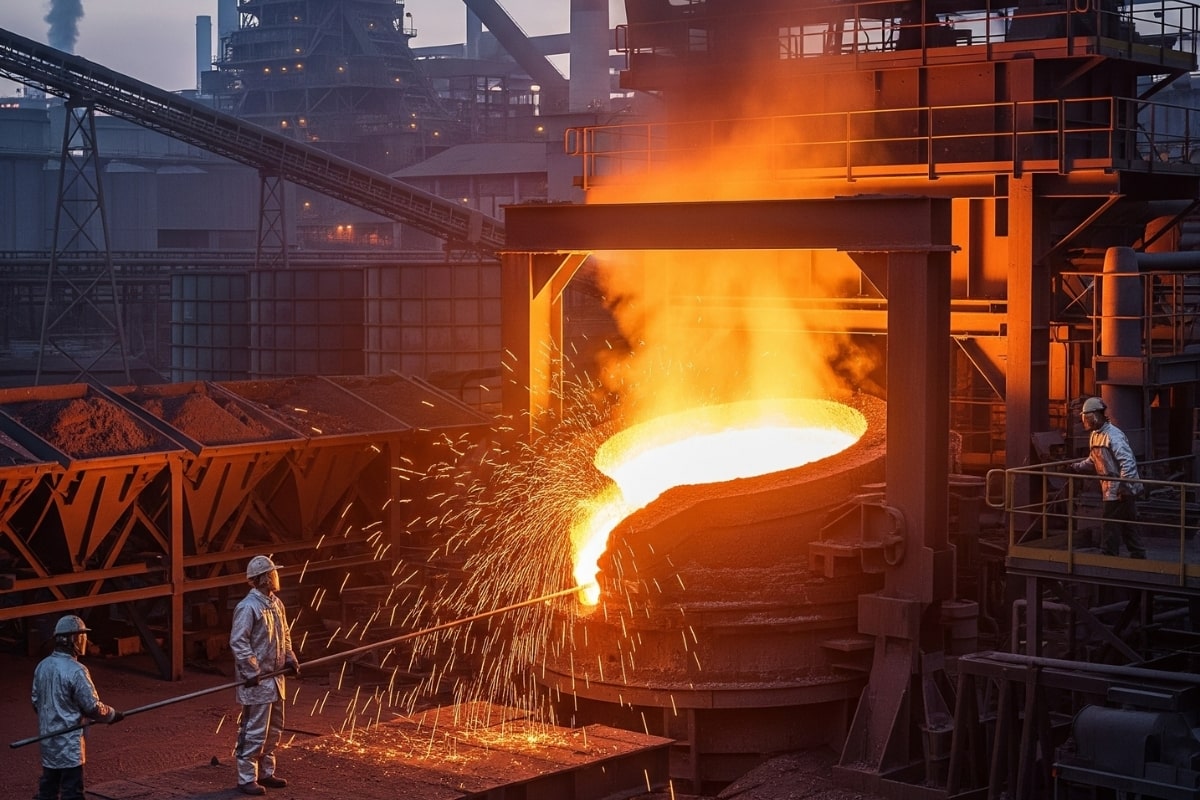
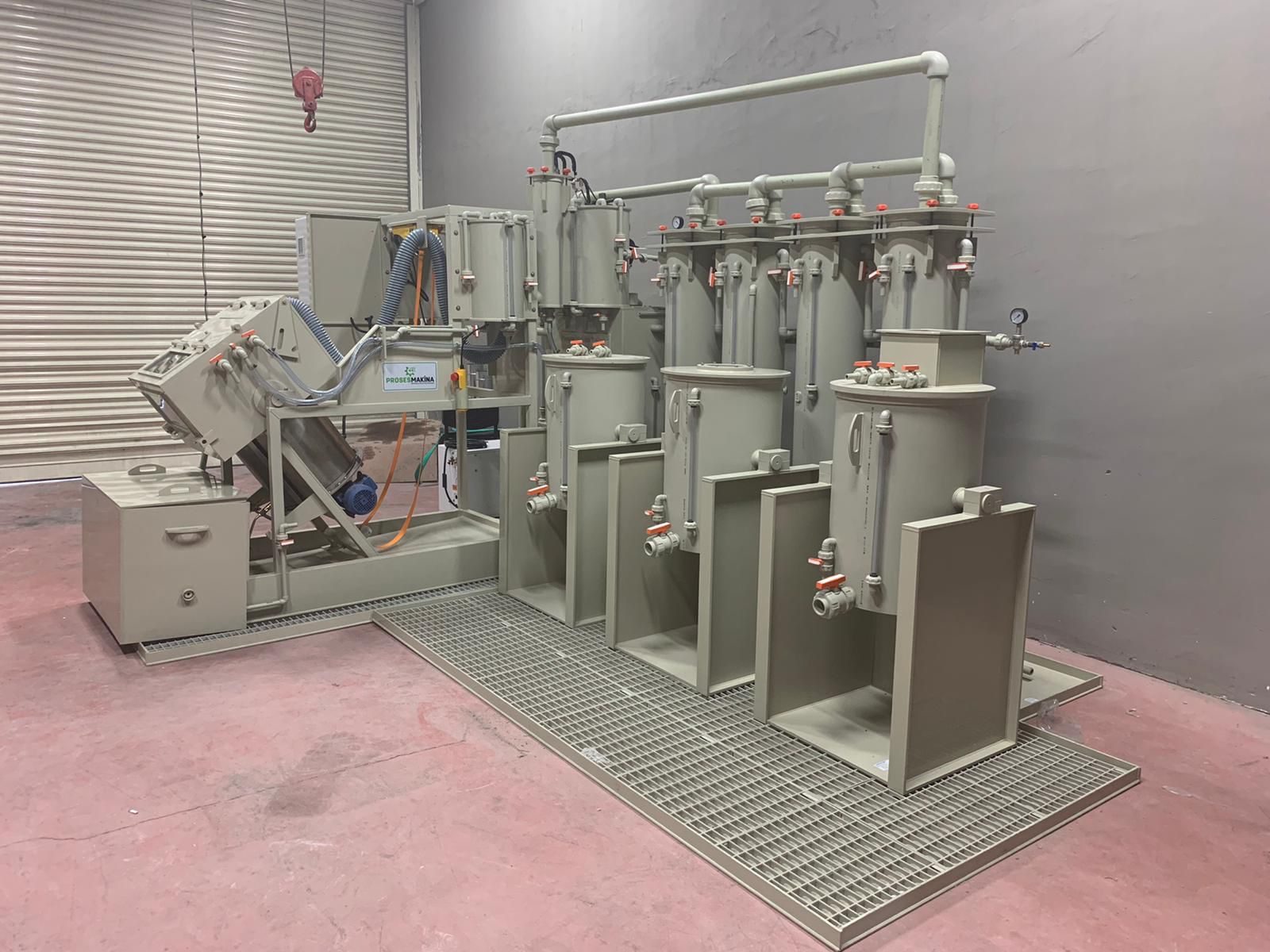
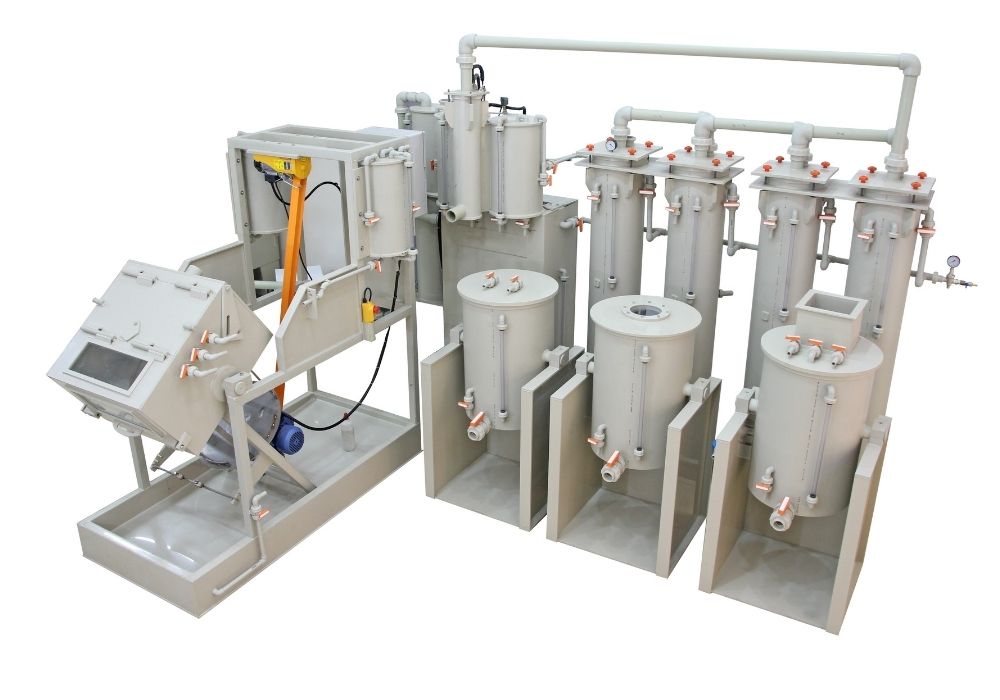
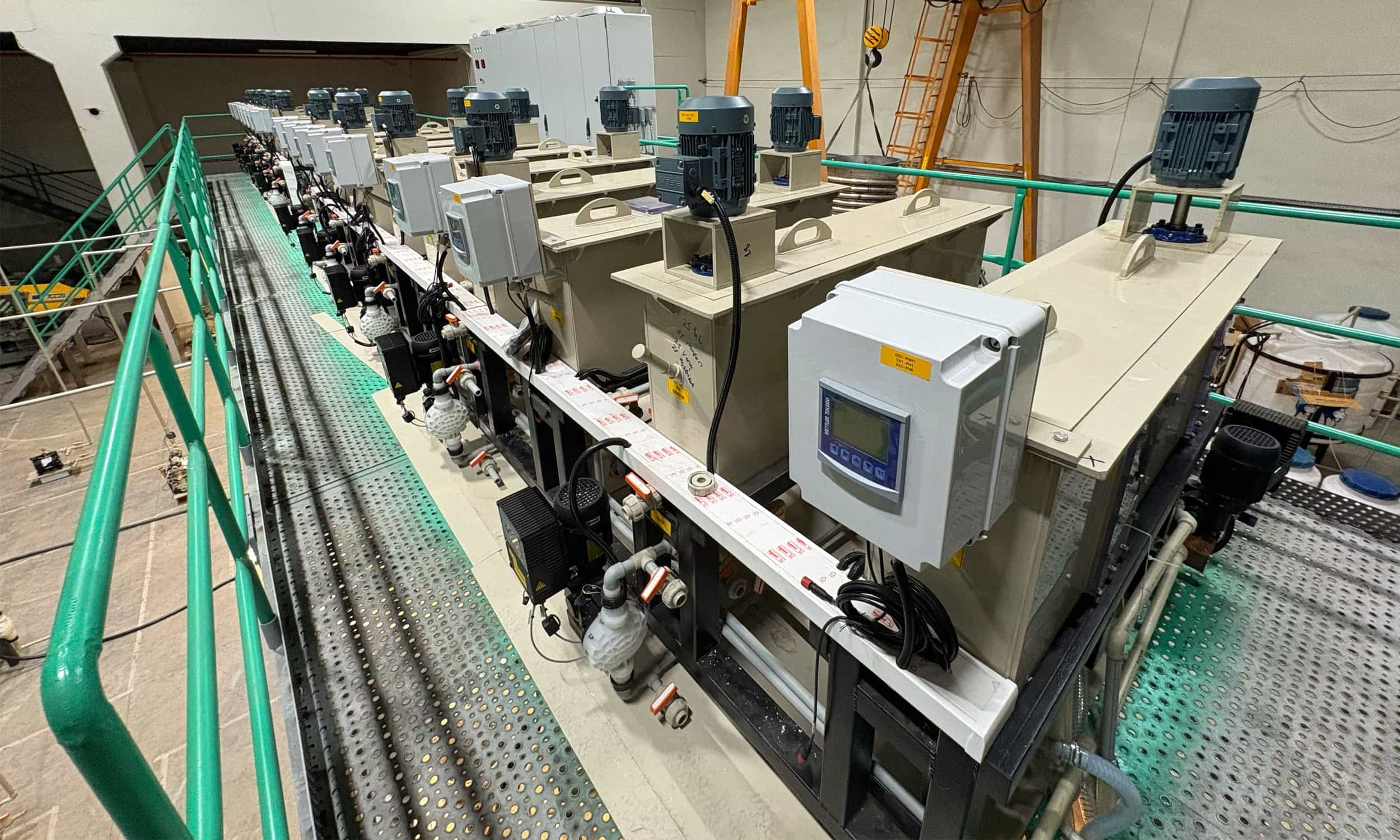
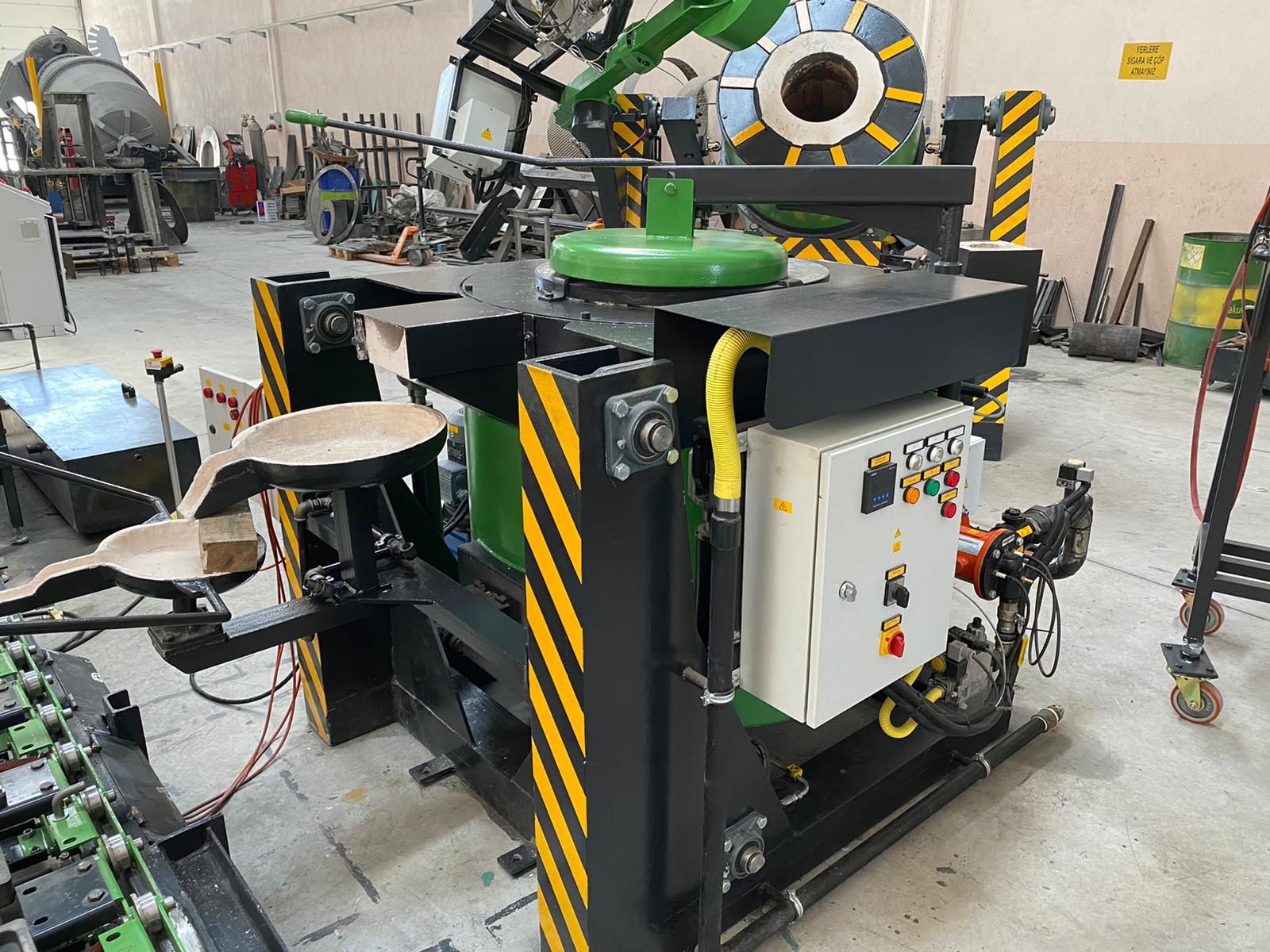
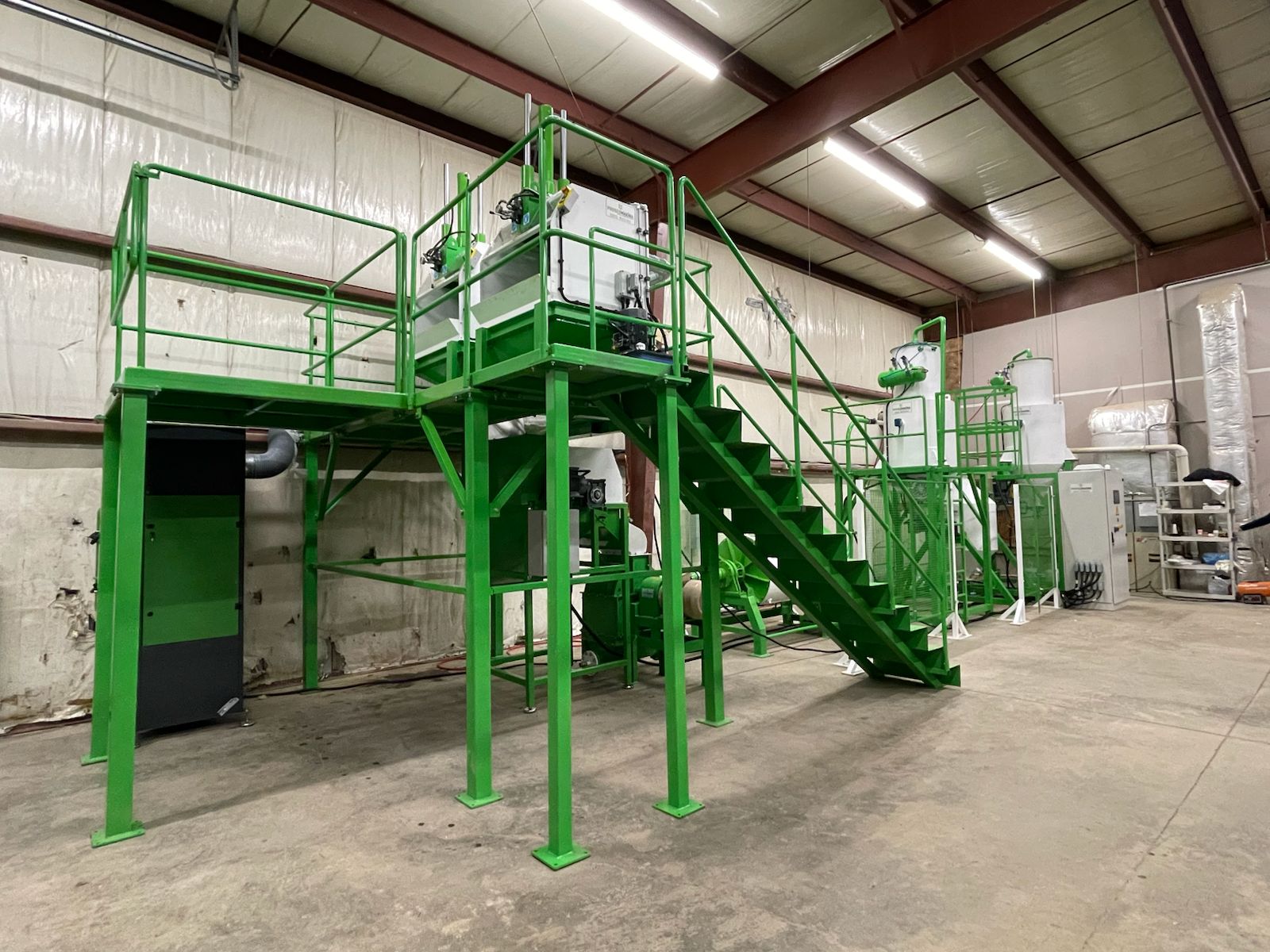
THERMAL PRE-TREATMENT
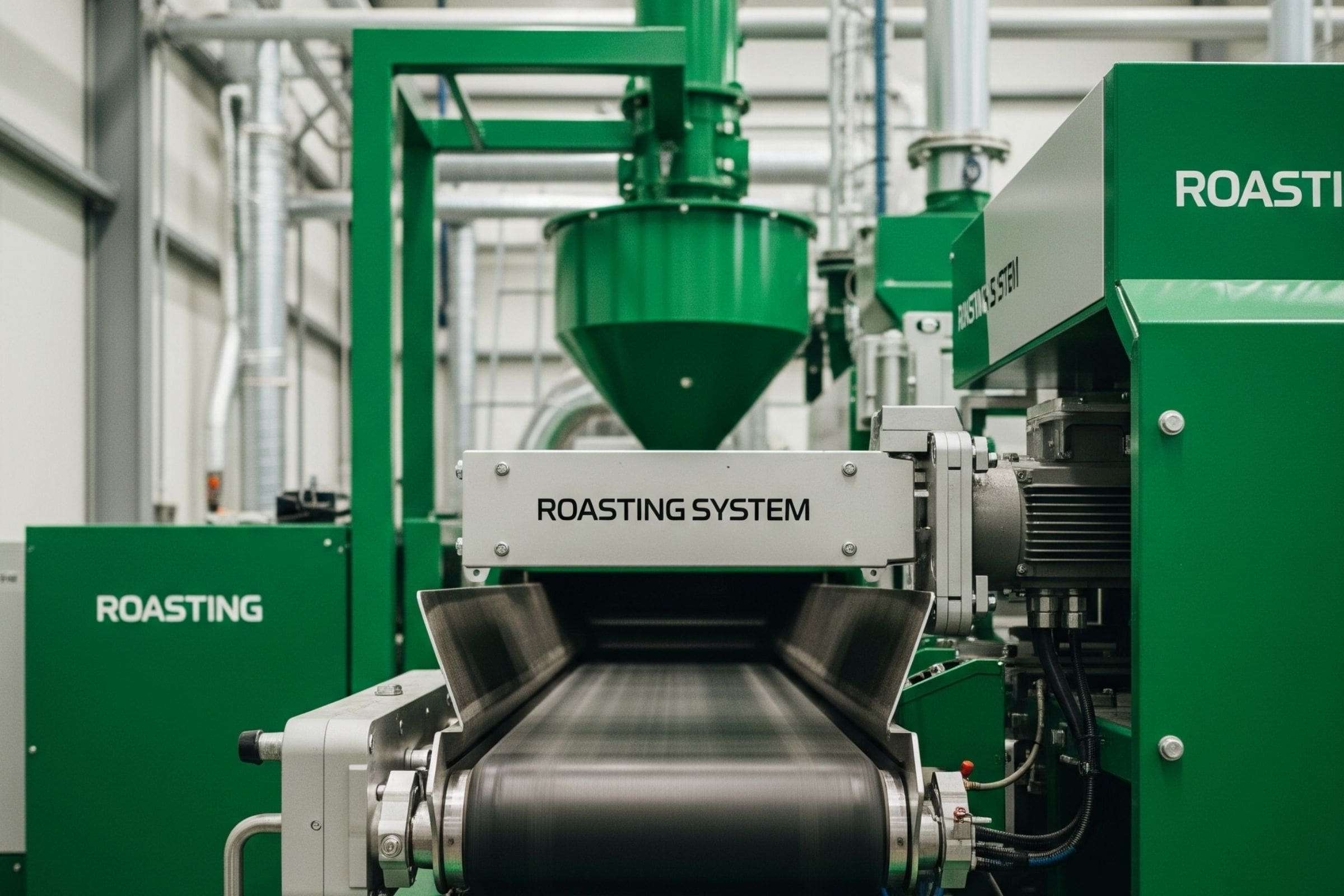
The thermal pre-treatment of catalytic converter dust is a vital process before the chemical leaching stage in metal recovery. This step plays a critical role in enhancing the efficiency and selectivity of the metal extraction process during hydrometallurgical operations.
Elimination of Volatile Compounds: During the physical processing phase, catalytic converter dust can contain volatile compounds and organic residues. These impurities can interfere with the chemical leaching process by triggering unwanted reactions or forming passivation layers that hinder the recovery of valuable metals.
Improved Metal Recovery: By removing these contaminants beforehand, the thermal pre-treatment ensures that the subsequent chemical extraction process operates more efficiently and selectively, improving the overall performance and reliability of the entire system.
Automotive catalytic converters are primarily composed of a ceramic monolith structure coated with platinum group metals (PGMs) such as platinum, palladium, and rhodium. Over time, these components are exposed to exhaust gases, resulting in the accumulation of various contaminants, including:
Carbon Monoxide (CO)
Nitrogen Oxides (NOx)
Unburned Hydrocarbons (HCx)
These residual contaminants can negatively affect the leaching process by:
Triggering unwanted chemical reactions.
Forming passivation layers that reduce the efficiency of the metal recovery process.
The roasting unit is designed to tackle these issues by thermally treating the dust under controlled conditions, typically in an oxidizing atmosphere. The thermal pre-treatment process involves the following key parameters:
Controlled Temperature: The roasting unit utilizes PID-controlled furnaces to maintain precise temperature regulation. This ensures accurate and reproducible oxidation steps during the roasting process.
Decomposition of Impurities: By applying the correct temperature and cycle time, organic and volatile contaminants are decomposed or oxidized, thereby purifying the material. This prepares the dust for the subsequent chemical extraction process.
Optimized Roasting Protocols: Proses Makina leverages proprietary know-how to develop tailored roasting protocols based on the specific composition of the feed material. This ensures that the impurities are effectively removed without compromising the integrity of the valuable metals.
Improved Leaching Performance: By ensuring thorough impurity removal, the roasting unit enhances the downstream chemical leaching performance, leading to better metal recovery and more efficient processing.
Precise Control and Reproducibility: The PID-controlled furnace ensures precise temperature control, offering consistent and reproducible oxidation conditions. This contributes to the reliability of the entire process.
The thermal pre-treatment process in Proses Makina’s roasting system is essential for optimizing the efficiency of subsequent metal recovery stages. By removing organic and volatile contaminants from the catalytic converter dust, this system ensures that the chemical leaching stage operates at its full potential, improving recovery rates and overall process reliability. This targeted and precise approach helps maximize the value extracted from spent catalytic converters while minimizing operational challenges.